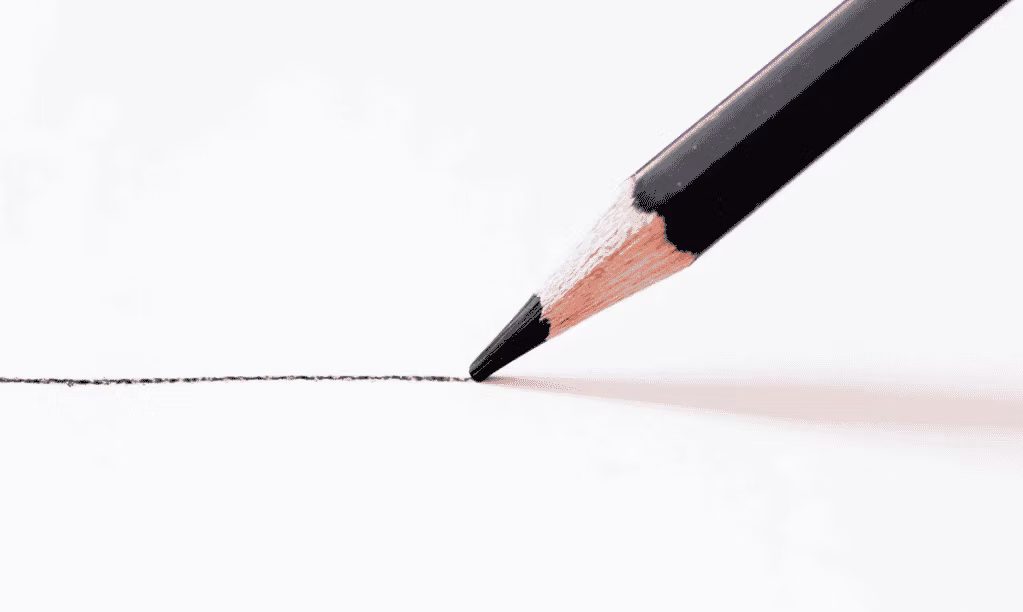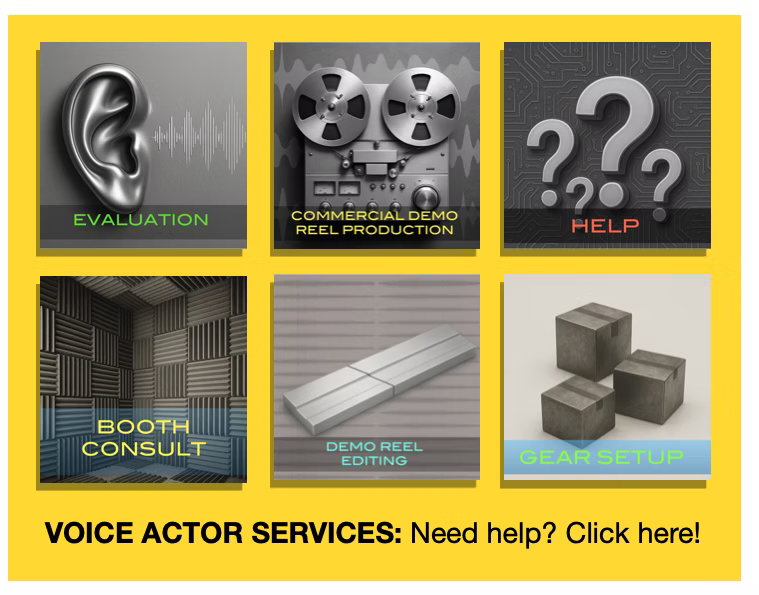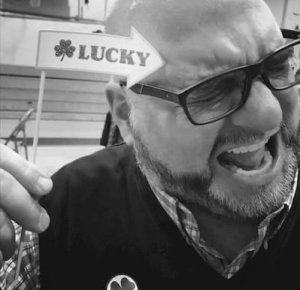Where Do You Draw The Line? The Moral Dilemmas of Creative Work

By Frank Verderosa, originally published 10/03/2025
In the past few weeks, I’ve found myself thinking a lot about the choices we make as creative professionals — voice actors, comedians, audio engineers, writers, and beyond. Specifically, I keep circling back to the question: where do we draw the line between work that pays and work that feels morally questionable?
To be clear, I’m not speaking from a place of purity. Over the course of my career, I’ve had my hand in plenty of projects that I can’t honestly say were “good” for people. Commercials for sugary drinks, fast food chains, promos for lowest-common-denominator TV shows — all of it passed through my studio at one time or another. That was my job as an audio engineer, and I approached it with professionalism. But if I’m being honest, some of those projects left me feeling uneasy.
When the Work Crosses a Line
Not long ago, I posted on Facebook about hearing ICE recruitment ads streaming over my Echo device. Yes — actual commercials encouraging people to apply for jobs with Immigration and Customs Enforcement. My immediate reaction was disgust. And I wasn’t alone; most people who saw that post agreed it was grotesque.
But then the second thought hit me: some voice actor out there booked that job. Maybe they needed the money badly enough to put aside their feelings. Maybe they were morally aligned with the message. Either way, someone read that script into a microphone and cashed the check.
I couldn’t help reflecting on my own career. Who was I to judge? The ads I’ve worked on — while less politically charged — may have had their own negative ripple effects on people’s health and wellbeing. Maybe the difference is just a matter of degree.
There’s an old Polish proverb that feels relevant here: “Not my circus, not my monkeys.” It’s easy to shrug and say it isn’t your problem, but the truth is, if you’re part of the machine, you’re part of the message.

Bigger Stages, Bigger Questions
This conversation isn’t limited to advertising. Recently, a much larger debate played out in the comedy world when big-name comedians agreed to perform at a festival in Saudi Arabia. Critics were quick to point out the country’s deeply troubling history — from alleged ties to 9/11, to the murder of journalist Jamal Khashoggi, to ongoing human rights concerns.
How, many asked, could comedians accept money from a government with that kind of record? David Cross openly criticized peers who took the gigs, while Dave Chappelle countered by raising questions about free speech in America.
On the surface, these are two very different situations — a local voiceover gig and an international comedy festival. But at their core, both highlight the same moral question: what’s the cost of saying yes to work that doesn’t sit right with you?
The Social Media Effect
Social media, of course, amplifies all of this. Every action — every choice of gig, every client, every performance — is subject to public scrutiny. We don’t just make decisions in isolation anymore; we make them in front of an audience, many of whom are eager to cheer us on or tear us down, depending on how our choices line up with their values.
And in a divided world, it’s all too easy to cherry-pick commentary that supports our own stance. One person’s “necessary job” is another person’s “moral failure.” The noise makes it even harder to navigate where the line should be drawn.
So, Where Do You Draw the Line?
The truth is, there isn’t a single right answer. For some, the paycheck is reason enough. Providing for your family or keeping your career afloat can feel more pressing than the abstract consequences of lending your voice to a questionable campaign. For others, the moral weight outweighs the financial gain, and saying no is the only option.
Personally, I don’t pretend to have the answer figured out. I’ve said yes to projects I regret and no to projects I probably could have justified. What I do know is this: every creative professional has to find their own compass. The line isn’t fixed; it shifts depending on your values, your circumstances, and sometimes even the state of your bank account.
So I’ll leave the question with you: Where do you draw the line?
Because whether you’re behind a microphone, on stage with a mic in your hand, or producing behind the glass, this question isn’t going away. ♦︎♦︎♦︎















Add Comment